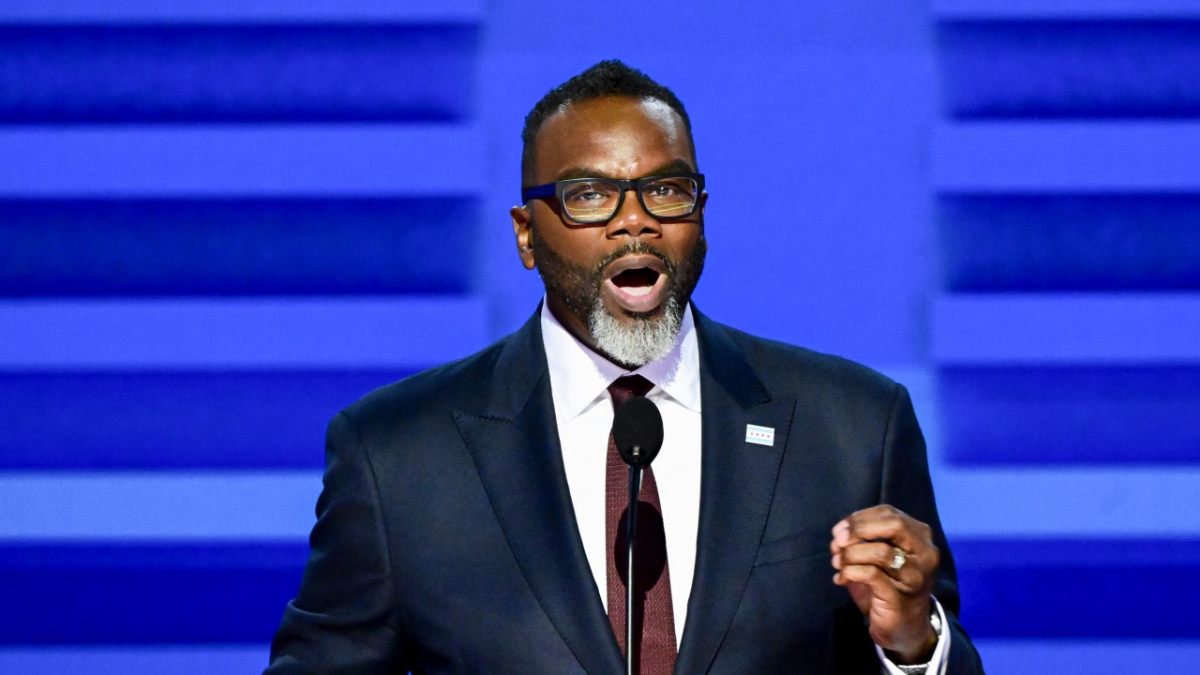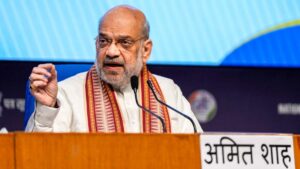The recent announcement by Mayor Brandon Johnson proposing a Chicago property tax hike has raised concerns and debates across the city. Facing a $1 billion budget deficit, Johnson’s plan to increase property taxes, despite campaign promises to avoid doing so, has become a pivotal issue in city politics. This blog will delve into why the property tax hike has been proposed, its expected impact on Chicago residents, and the potential alternatives that could alleviate the city’s financial burden.
Understanding Chicago’s Budget Crisis
The city of Chicago has faced budget challenges for years, but the current $1 billion deficit has reached a critical level. This significant gap is due to a combination of rising pension obligations, increasing public safety costs, and the need to maintain essential city services. To mitigate costs, the city has implemented a hiring freeze, hoping to reduce expenses without directly impacting services. However, even with these efforts, the financial situation remains challenging, necessitating additional revenue sources to close the gap.
The proposed Chicago property tax hike is intended to address this shortfall. Property taxes are one of the main revenue sources for the city, and officials believe that an increase could help bring stability to Chicago’s finances.
Mayor Johnson’s Campaign Promise vs. Fiscal Reality
Mayor Brandon Johnson’s proposal has garnered significant attention, as he had promised during his campaign to avoid raising property taxes. Many residents and voters supported Johnson’s stance, believing he would seek alternative revenue streams or cost-cutting measures to tackle the city’s fiscal issues. However, faced with the reality of Chicago’s financial needs, Johnson is considering a property tax hike as a necessary step to ensure the city’s fiscal health.
Johnson’s proposal illustrates the complex challenges involved in managing a city budget, particularly when unexpected financial strains arise. For property owners, this news is a stark reminder of how budgetary challenges at the city level can directly impact their personal finances.
The Impact of a Chicago Property Tax Hike
If approved, the Chicago property tax hike would affect property owners and renters alike. Here’s how this increase may impact the community:
- Homeowners’ Financial Burden: Homeowners would experience a direct increase in property tax bills. This can be a significant strain, especially for middle- and low-income families already dealing with inflation and rising living costs. Higher property taxes can limit disposable income, affecting other areas of residents’ lives.
- Impact on Renters: While renters do not pay property taxes directly, they may still feel the effects of this increase. Property owners often pass additional costs on to tenants through rent increases, making housing less affordable for many.
- Potential Impact on Property Values: Higher property taxes can deter potential buyers, potentially leading to a decrease in property values. A less attractive housing market could further strain the city’s economy and impact neighborhood growth and stability.
- Businesses’ Operational Costs: Local businesses, particularly small businesses, may also face increased costs if their landlords pass down the higher taxes. In an already competitive economic climate, these additional expenses could be challenging for small businesses to absorb.
Exploring Alternatives to a Chicago Property Tax Hike
While a Chicago property tax hike may address the immediate need for revenue, many city officials and community groups are advocating for alternative solutions. Here are some of the options being discussed:
- Efficiency and Spending Cuts: Analyzing city programs and focusing on essential services could help reduce unnecessary expenditures. While this may not eliminate the need for new revenue, it could lessen the extent of the tax increase.
- Broadening the Tax Base: Diversifying revenue sources is an option worth exploring. For instance, increasing fees in specific sectors, or implementing luxury taxes on high-cost services, could help the city bring in additional revenue without increasing property taxes.
- Public-Private Partnerships: Collaborative efforts between the city and private companies could fund specific projects, reducing the need for taxpayer money. Public-private partnerships have been successful in many cities to improve infrastructure, public safety, and other areas.
- Pension Reforms: Pension obligations represent a significant portion of the city’s expenses. Re-evaluating and reforming the pension system could provide long-term financial relief for the city’s budget.
- Economic Development Initiatives: By encouraging business growth and investment, Chicago could benefit from increased revenue, ultimately reducing its reliance on property taxes.
These alternatives are complex, and many require time to implement. However, a combination of these solutions could potentially reduce the need for a property tax increase, providing some relief to Chicago residents.
Community Reactions and Concerns
The news of a possible property tax hike has elicited mixed reactions from residents and community organizations. Many are concerned about how the increased financial burden will affect their daily lives, particularly in light of Mayor Johnson’s earlier campaign promise. Community groups are calling for transparency and accountability, asking the city to detail how any new tax revenue will be used and emphasizing the need for a clear plan for future financial stability.
For some, this proposal has created a sense of distrust, as they believe Johnson’s shift on property taxes signals a departure from his campaign values. Others, however, acknowledge the severity of the budget deficit and understand the difficult position the mayor faces. The question remains: will Chicago’s leaders work collaboratively to address the financial shortfall in a way that minimizes the burden on residents?
Conclusion: What Lies Ahead for Chicago
The proposed Chicago property tax hike represents a critical decision for Mayor Brandon Johnson’s administration and a defining moment for the city’s future. Balancing the needs of the city with residents’ financial wellbeing is no easy task, and Johnson’s proposal could set the tone for his time in office. If the City Council approves the increase, many will be watching closely to ensure the funds are used effectively to support vital services and stabilize the city’s finances.
As the conversation around the budget continues, it is essential for residents to stay informed and engaged. Whether through supporting alternative solutions or advocating for transparency, Chicagoans play a crucial role in shaping the city’s financial future.



















